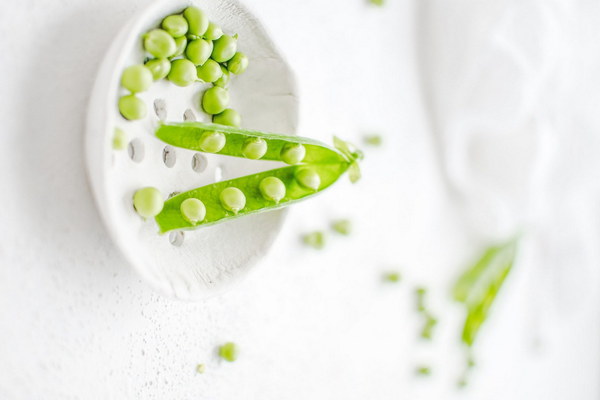The Surprising Link Between Dampness and Acne How Eliminating Moisture Can Clear Your Skin
In the quest for clear, glowing skin, many of us turn to a myriad of skincare products, treatments, and lifestyle changes. However, one often overlooked factor in the battle against acne is dampness. The saying dampness causes acne might sound like an old wives' tale, but recent studies suggest that there's a surprising link between humidity and the appearance of blemishes. In this article, we will delve into how dampness can contribute to acne and offer tips on how to combat moisture-related breakouts.
The Science Behind Dampness and Acne
Acne, or acne vulgaris, is a common skin condition characterized by clogged pores, inflammation, and the formation of comedones (whiteheads and blackheads). Several factors contribute to acne, including genetics, hormonal changes, and skincare routines. However, one lesser-known factor is humidity.
When humidity levels are high, the air carries more moisture, which can lead to an increase in sweating and oil production. This excess moisture can clog pores, creating an environment where acne-causing bacteria thrive. Additionally, dampness can exacerbate existing skin conditions, such as eczema and psoriasis, which can lead to more severe acne breakouts.
How to Identify Moisture-Related Acne
If you suspect that dampness is the culprit behind your acne, here are some signs to look out for:
1. Breakouts occur primarily in areas of the body that are prone to sweating, such as the back, chest, and buttocks.
2. Your skin feels greasy or sticky, even after washing.
3. You experience more severe breakouts during the summer months or in humid climates.
4. Your acne improves when you spend time in drier environments.
Tips for Combatting Moisture-Related Acne
Now that we understand the link between dampness and acne, let's explore some strategies for keeping your skin clear, even in humid conditions:
1. Stay Hydrated: Drinking plenty of water helps to flush out toxins and maintain your skin's natural balance.
2. Use a Gentle Cleanser: Opt for a non-comedogenic, oil-free cleanser to remove excess oil without stripping your skin of its natural moisture.
3. Exfoliate Regularly: Gently exfoliate your skin to remove dead skin cells that can clog pores. Look for products containing salicylic acid or glycolic acid, which are effective at penetrating oil glands and unclogging pores.
4. Apply Antiseptic Treatments: Treat your acne with over-the-counter products containing benzoyl peroxide or sulfur, which help to kill bacteria and reduce inflammation.
5. Keep Your Hair Clean and Tidy: Greasy hair can transfer oil to your face, leading to breakouts. Wash your hair regularly and keep it away from your face.
6. Choose the Right Skincare Products: Opt for oil-free, water-based skincare products to avoid adding more moisture to your skin.
7. Invest in a Humidifier: If you live in a humid climate, consider purchasing a humidifier to help control the moisture levels in your home.
8. Wear Breathable Clothing: Choose natural, breathable fabrics like cotton and avoid tight, synthetic clothing that can trap moisture against your skin.
9. Seek Professional Help: If you continue to struggle with acne, consider consulting a dermatologist for tailored treatment recommendations.

Conclusion
While dampness may not be the sole cause of acne, it can play a significant role in the development of breakouts, especially for those with sensitive or oily skin. By understanding the link between humidity and acne, and implementing the tips outlined in this article, you can take control of your skin's health and achieve clear, radiant skin, regardless of the weather.









